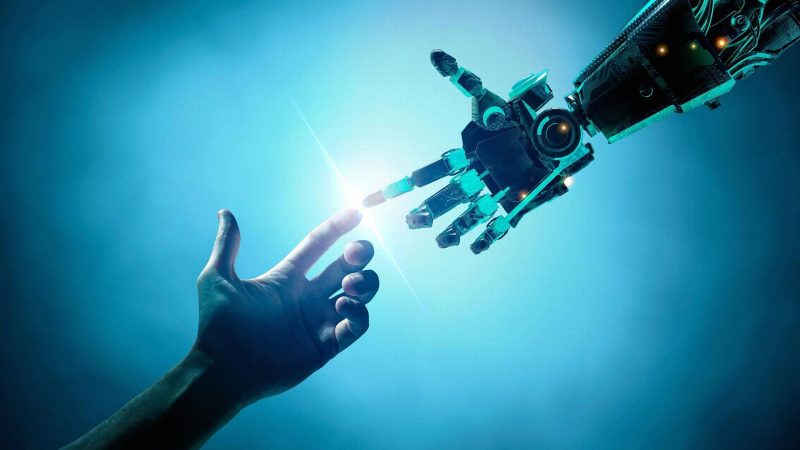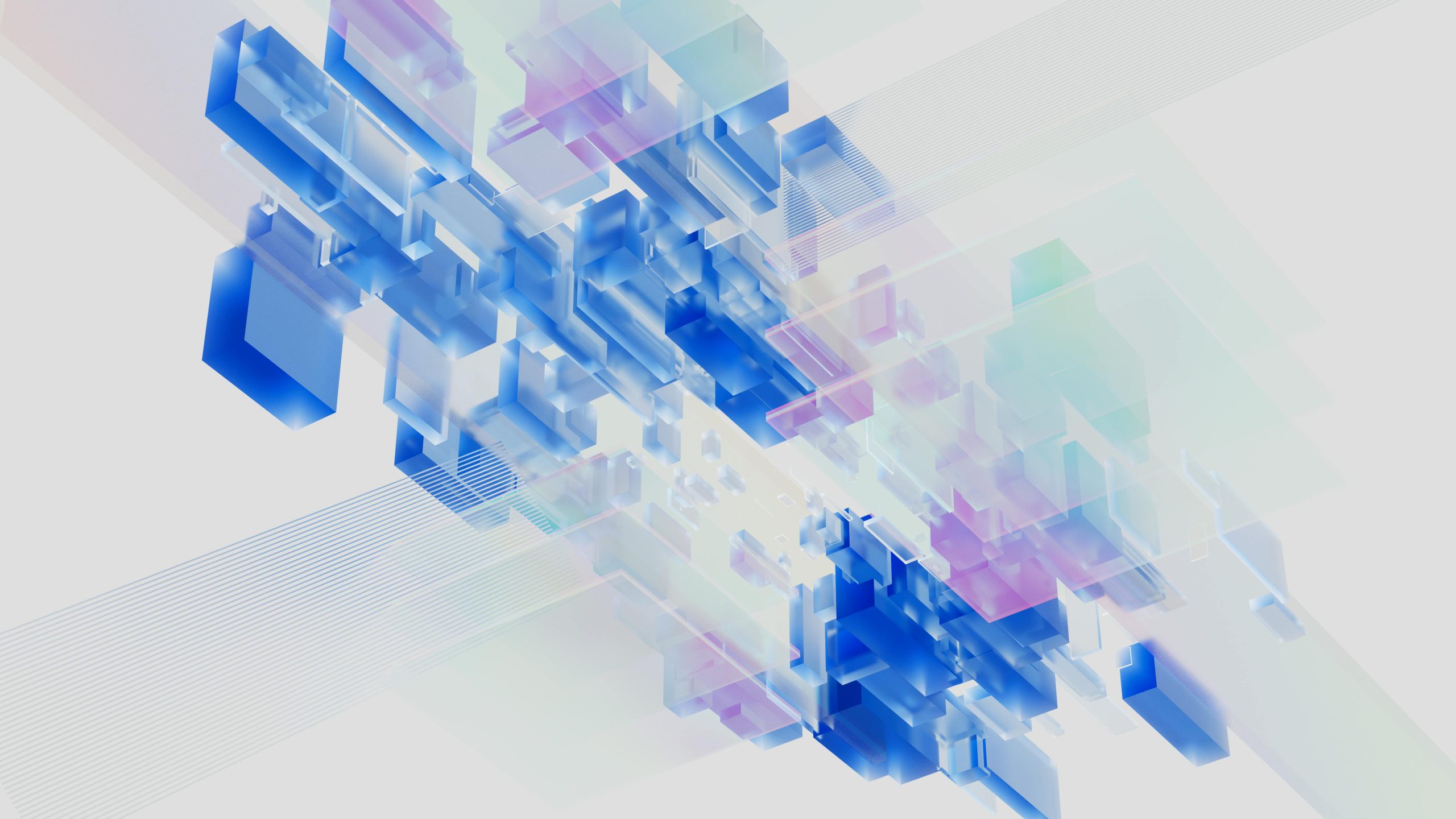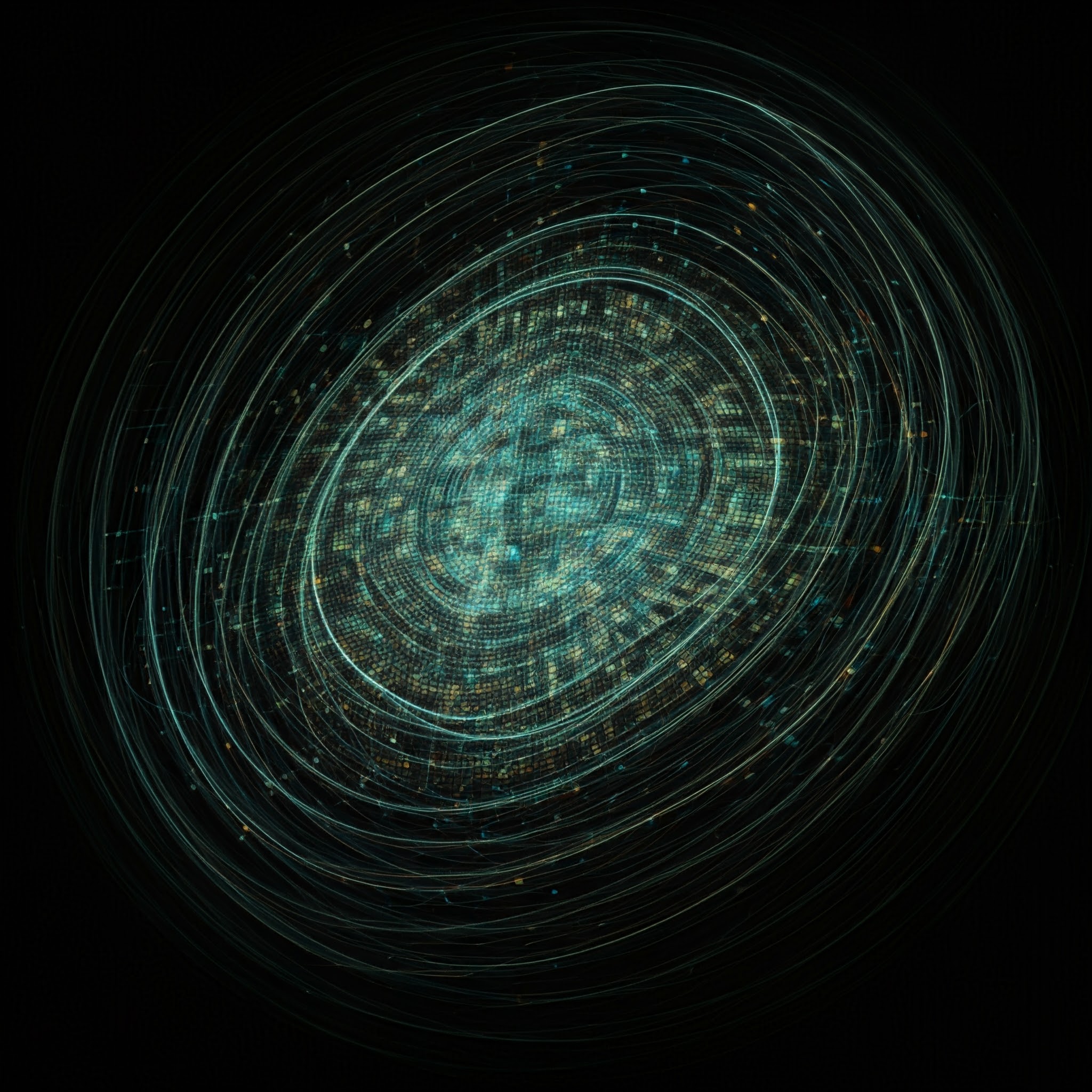The word intelligence comes from a Latin word intelligere which means “to understand”. Hence intelligence is defined as a general mental ability for reasoning, problem-solving, and learning. Also, intelligence integrates cognitive functions such as perception, attention, memory, language, and planning. Intelligence can be reliably measured by standardized tests with obtained scores predicting several broad social outcomes like educational achievements, job performances, health, etc. So let’s study the differences between Artificial Intelligence and Human Intelligence in detail.

Artificial intelligence is the simulation of human intelligence processes by machines. These processes include learning, reasoning, and self-correction. Major applications of AI include expert systems, speech recognition, and machine vision.
AI and human intelligence delve into cognitive functions like memory, problem-solving, learning, planning, language, reasoning, and perception. Both Artificial and human intelligence play monumental parts in improving society.
Regarding their differences, Artificial Intelligence is an innovation created by human intelligence and it is designed to do specific tasks much faster with less effort. On the other hand, human intelligence is better at multi-tasking and it can incorporate emotional elements, human interaction, as well as self-awareness in the cognitive process.
Despite the differences between AI and human intelligence, AI has revolutionized many industries, including healthcare, finance, and e-commerce. In healthcare, AI can analyze medical records to help diagnose diseases and recommend treatment plans. In finance, AI can detect fraud and assess credit risk. In e-commerce, AI can personalize customer experiences and make product recommendations. 6 entrepreneurs on how AI is revolutionizing their business operations have reported increased efficiency and productivity, improved decision-making, and cost savings. With continued advancements in AI technology, we can expect even more industries to be transformed in the future.
Without question, AI is becoming more intelligent with time.
The technology advancements raise questions on AI vs. human intelligence and whether some tasks require uniquely human attributes. And these questions have, to an extent, prompted concerns about the fate of human jobs in the wake of AI. The given wisdom has been that AI will augment human tasks, but not replace them, not anytime soon.
The main advantages of AI over Human Intelligence are:
- Speed – While one doctor can make a diagnosis in approximately 10 minutes, an AI system can make a million for the same time.
- Operate 24/7 – Unlike people, computers do not need vacations or sleep. They are capable of working 24*7 without stopping.
- Less biased – In realms of Law and Medicine, it is important to have as much data as possible. Because AI can be trained on millions and billions of examples, they have more information to make an important decision.
- Accuracy – Whether it is a house or stock price prediction, AI systems can do the job much more precisely than humans.
But in AI, we see that the systems learn from historical data and parameterizes that learning into higher order or logic, or pattern recognition, and does its job. But how much higher can it go? What happens when a new phenomenon takes place?
For instance, what happens in case a customer has a sore throat? Can the voice robot still convert their speech to text? Surely, a human can make that adjustment without any explicit training but the functioning of a robot is limited to what it has already learned. For a new type of speech, it would need a new transcript to learn from.
Artificial Intelligence works based on the data it is fed. And an AI system works intelligently only until the trend of that information is active. If the trend changes and there is no data given to the system, then the AI system will be misled and will not work intelligently. So, it is safe to conclude that Artificial intelligence is the powerful servant of a Human being.
In the long run, some of the common tasks which do not require human intelligence will be replaced by Artificial intelligence but it is not meant to lead Human intelligence. It is only invented to assist and enhance the power of Human Intelligence. Although AI can definitely help us avoid the basic common errors in the near future. Existing jobs will be replaced by Artificial Intelligence and there will be a lot of new jobs evolving for Human Intelligence. Human Intelligence is eternal.












Add Comment